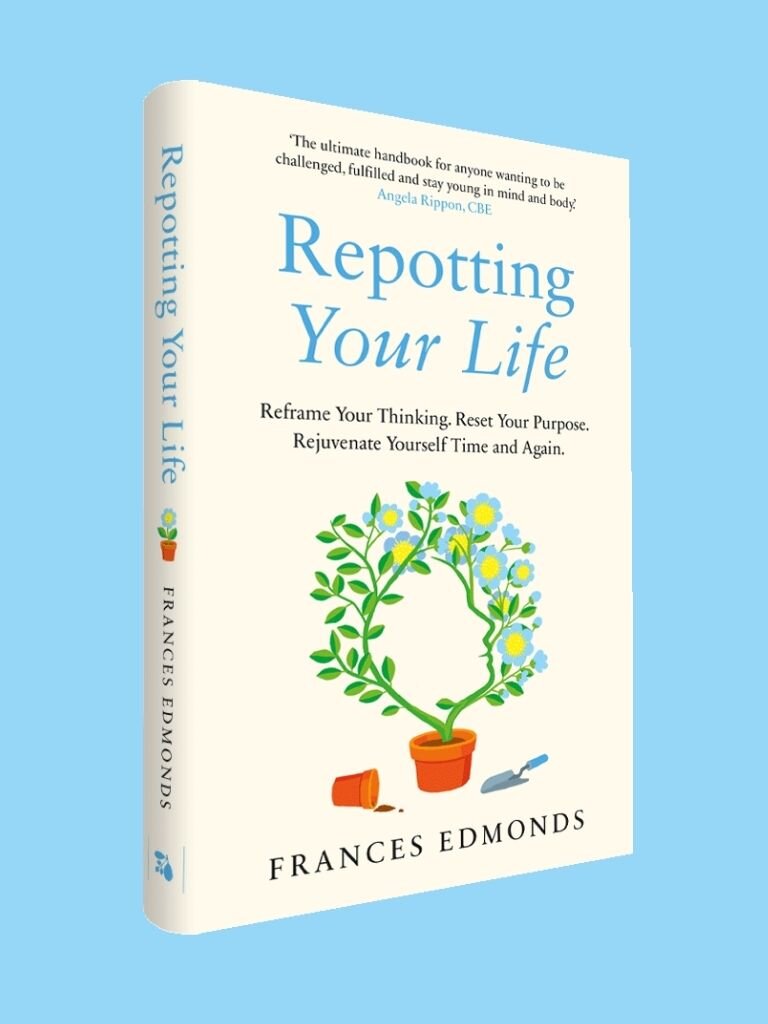Who Cares for the Carers?
It often requires a global tragedy to expose a domestic crisis. Recent events have highlighted the crucial importance of professional caregivers and demonstrated how society has historically undervalued the critical work they perform. An even more poignant injustice revealed by the pandemic is the hidden army of carers whose selfless support and sacrifice go completely unrewarded. Unpaid caregivers, most often family members looking after another family member, form the largest healthcare workforce in the nation. This is the unsung band of heroes and heroines whose work goes largely unseen, whose members are generally untrained and whose care is almost invariably unpaid. With the onset of the pandemic, vast swathes of us found ourselves stuck at home and suddenly expected to assume additional responsibilities for the welfare of others. Perhaps you’ve been called upon to organise your children’s home-schooling or expected to ensure suitable work environments for other co-habiting adults. Or perhaps, without quite knowing how or why, you’ve found that you were the only person in the house capable of replacing old loo rolls, rebooting the router or ensuring there was always a pint of milk in the fridge! Whatever the reasons, the stress endured and the resultant physical and mental health problems experienced from even temporary lockdown have opened our eyes to the plight of those for whom such challenges are a permanent reality. As we engage in post-pandemic ‘building back better’ conversations, it’s high time that we started caring for the carers. Of course, putting a fair price on care and compassion will never be possible, but what we can do is “credentialize” the skills involved in caregiving to ensure that caregivers receive the status and recognition they may need to support themselves in the future. We might start by considering suggestions in the following 3-point plan:
As a society, we could evolve a system for training and certifying family healthcare givers providing them with the tools they need to care for their family members and themselves effectively.
Unpaid caregivers might be encouraged to understand their work as a business that involves a budget, staff and costs as well as skills that could be transferred to running other businesses once the caregiver’s caring duties to the frail, sick or disabled family member are finished. For those families fortunate enough to have assets to transfer and inherit, it seems only fair that the costs incurred and time devoted by caregivers while running the family caregiving business need to be appropriately recognized. The sad fact is that people who are not involved in delivering care have no idea how expensive caregiving is when gauged in terms of time, effort and opportunity cost. Once we all wake up to the issues involved, the contribution of unpaid family caregivers might then be appropriately recompensed.
Most importantly, at a national level we need to recognize caregiving as a critical societal service and pay caregivers for their work. Payments received by certified caregivers would offset the risk of caregivers being obliged to spend all their resources providing care before they themselves reach an age when they themselves need it..
Caregiving, directly or indirectly, probably has been or will be part of your life. About one in five of us is currently providing care to someone (39% of these carers are men and 61% are women) – so this is an issue that none of us can afford to ignore. We all need to be concerned, informed and active about the future of caregiving. Those of us who are unpaid caregivers need to take the role seriously, professionalize ourselves and understand what we will need to most effectively support our loved ones. And those of us who are not hands-on caregivers need to consider how best to provide support to those in our lives who are.
Are you ready for what’s next?
A fresh approach to navigating change and finding your purpose.
About Frances
Frances is a best-selling author, broadcaster and an acknowledged expert in the business of cross-cultural communication.

